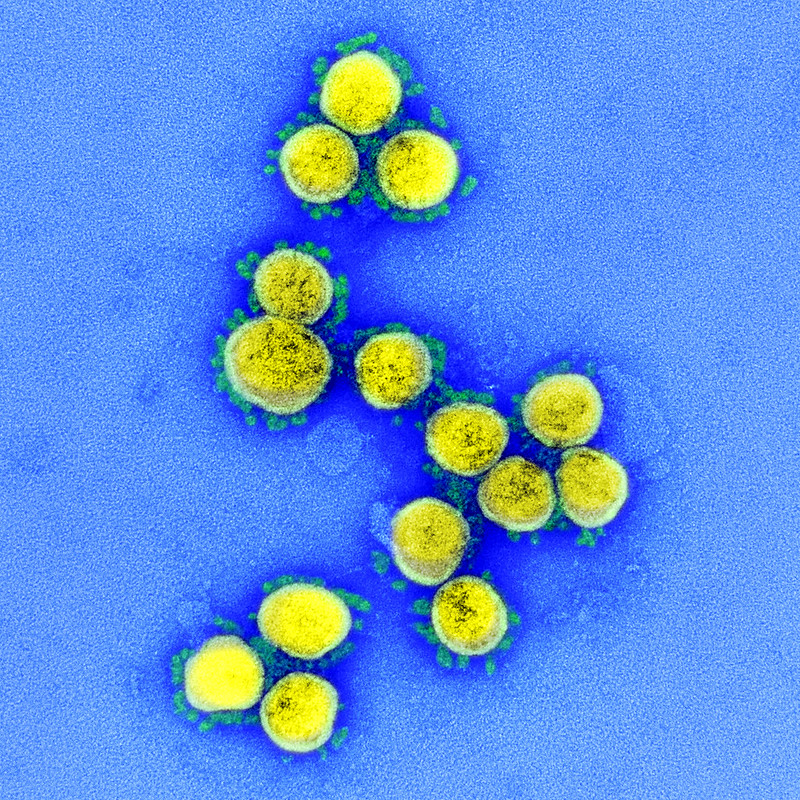Candidate: WP1122
Type: Prodrug of 2-DG (2-deoxy-D-glucose)
Status: Moleculin acknowledged October 29 that its timing for a potential IND request to the FDA for a potential COVID-19 clinical trial would be pushed back into “the first half of 2021, possibly in the first quarter” after it switched its in vivo model “based on input with our members of our Science Advisory Board” to a model it said would be best suited for its COVID-19 treatment—but for which demand is higher than its earlier model, available through a commercial laboratory.
Moleculin added that it entered into a collaboration agreement with the University of Campinas in São Paulo, Brazil to research further the anti-viral capabilities of WP1122 against COVID-19. University researchers in September published a study in Cell Metabolism showing that SARS-CoV-2 infection is supported by elevated glucose levels and that inhibition of glycolysis with 2-DG effectively eliminated viral load in vitro. That study further supported a May study in Nature reporting that one of the therapeutic targets in SARS-CoV-2 is glycolysis.
“Adding the University of Campinas to our current collaborations which include The Rega Institute in Belgium and our sponsored research, increases our available resources in developing WP1122,” by extending Moleculin’s cash runway into the second quarter of 2021, Chairman and CEO Wally Klemp said.
Moleculin said July 15 it entered into an agreement with Sterling Pharma USA for U.S. production of WP1122, among expanded development efforts the company is supporting as it prepares to submit to the FDA an IND for WP1122 as a potential treatment of COVID-19. Moleculin Chairman and CEO Walter Klemp said the company will also expand its planned preclinical studies for the IND, including assessing WP1122 in an animal model for COVID-19 testing as well as multiple analogs of WP1122 against various viruses in vitro, and potentially, in vivo.
Moleculin said in vitro testing to date has led it to believe it needs to optimize its testing methods to reflect the full antiviral potential of WP1122 and multiple analogs, all sugar antimetabolites, since 2-DG has been shown to target glucose metabolism and the process of glycosylation.
“In light of the added complexity surrounding drug production during the current COVID-19 pandemic, we wanted to make sure we had a reliable source of drug supply located here in the US,” Klemp added.
Moleculin, licensee WPD Pharmaceuticals, and CNS Pharmaceuticals have acknowledged a halt in trading of all three companies’ shares during May. The CSE Exchange halted trading in Vancouver, BC-based WPD from May 1 through May 18, with trading resuming May 19—while the U.S. Securities and Exchange Commission ordered a halt in trading in Moleculin and CNS, both Houston-based, on May 1. NASDAQ continued that halt as of May 18.
The regulators have sought additional information after Moleculin and WPD announced April 8 that 2-DG reduced replication of SARS-CoV-2 by 100% in in vitro testing, the finding of a preprint published by Research Square and submitted for publication by researchers at the Goethe University in Frankfurt. A day later, WPD issued a second release “at the request of IIROC” (Investment Industry Regulatory Organization of Canada) acknowledging that “WPD has not conducted its own research into 2-DG and its efficacy in fighting viral infections,” and that “we must undertake our own research and trials to determine whether WP1122 can achieve results in a clinical setting.”
That research will be carried out through a CRO yet to be selected. “WPD is in process of preparing a preclinical development plan, clinical development plan and grant application for the use of WP1122 in COVID-19 to confirm these findings,” WPD stated. “The Company is not making any express or implied claims that this product has the ability to eliminate, cure or contain the COVID-19 (or SARS-2 Coronavirus) at this time.”
Moleculin and CNS each said they were “actively working with the staff of NASDAQ to provide it with all requested information, and hopes to begin trading as soon as possible.”
Moleculin on May 11 added that “third parties” which it did not name “made claims and distributed information during the period between March 20th, 2020 to May 5th, 2020 about the potential efficacy and clinical development of WP1122 with respect to coronavirus.” Moleculin said it neither solicited, had advance knowledge of, nor played any role in preparing such information, claims or statements.
Moleculin said April 20 it would expand in vitro and in vivo testing of WP1122 in COVID-19 through an agreement with preclinical CRO ImQuest Biosciences whose value was not disclosed. The announcement followed publication of the preprint.
Moleculin said its agreement with ImQuest will help it generate data over the next four to eight weeks that it hoped would support an IND submission in the U.S. and a Clinical Trial Authorization (CTA) request in Europe.
COVID-19: 200 Candidates and Counting
To navigate through the >200 potential therapeutic and vaccine options for COVID-19, GEN has grouped the candidates into four broad categories based on their developmental and (where applicable) clinical progress:
● FRONT RUNNER – the most promising therapeutics/vaccines based on clinical progress, favorable data or both.
● DEFINITELY MAYBE – earlier phases with promising partners, or more advanced candidates in development that have generated uneven data
● KEEPING AN EYE ON… – interesting technology, attracting notable partners, or both, but preliminary data.
● TOO SOON TO TELL – longshots pending additional experimental and/or clinical data.
GEN has also tagged the most common treatment types:
● ANTIVIRAL
● VAX
● ANTIBODY
● RNA







